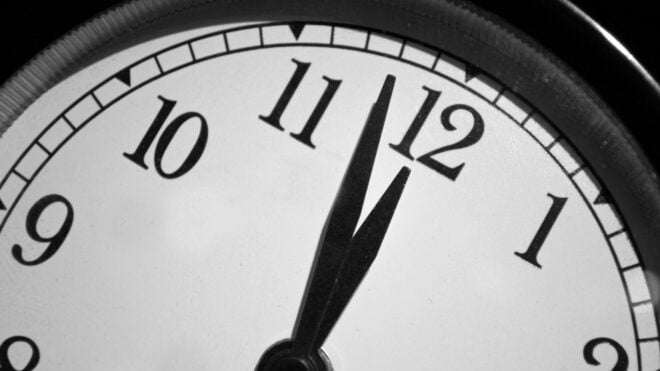Iron is a metal, and while it might not sound like something you can eat, it's actually a very important nutrient. But millions of people all over the world don't get enough.
In fact, iron deficiency is the most common and widespread nutritional disorder in the world, according to the WHO, which estimates that some 2 billion people — or 30% of the world's entire population — have anemia, which is caused by lack of iron.
And because of the blood loss from menstruation, women and teen girls are most susceptible. In fact, menstrual blood can be a major indicator of overall health, iron levels included.
Getting enough iron is crucial for healthy blood, good energy levels, and maintaining general health. Without it, the chances of internal bleeding are higher, energy and productivity drop, and infections can take hold more easily.
If you're unsure whether you might have iron deficiency-caused anemia, see if any of the symptoms below seem familiar to you. If you have more than one, it might be time to talk to your doctor about boosting your iron levels.
And luckily, getting more iron in your system is easy — and delicious!
What Does Iron Do For My Body?
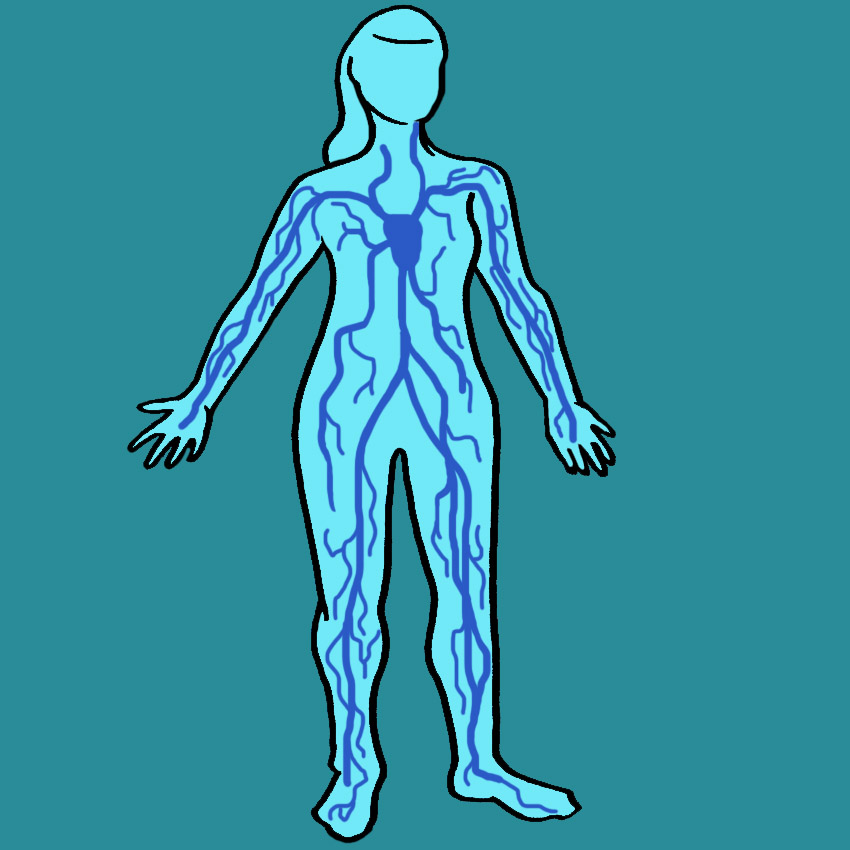
A lot! Iron is an integral part of your body's production of hemoglobin, a protein that allows blood to carry oxygen throughout the body. And obviously, you need oxygen.
It also helps with enzyme function and electron transport between cells.
Iron deficiency affects an estimated 2 billion people worldwide. Women are at a higher risk, due to the blood loss of menstruation, and should get 18 mg of iron daily.
So how can you tell if you aren't getting enough iron?
Deficiency Symptom #1: Fatigue
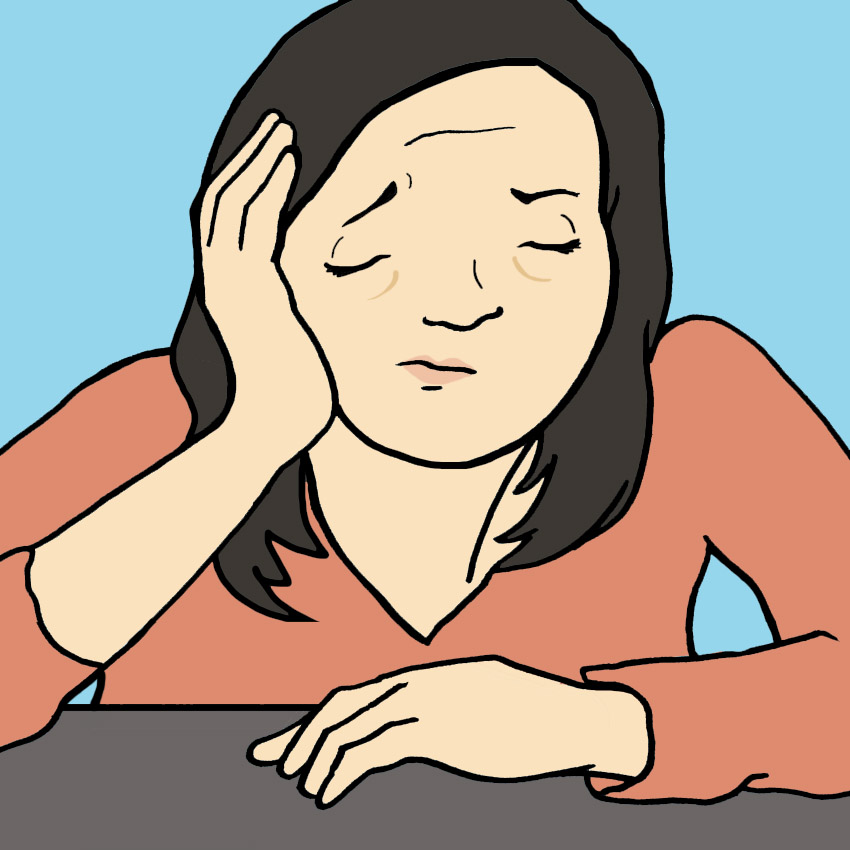
If there's not enough oxygen moving throughout your body, including into your brain, you're going to feel sluggish and lack in energy.
If you're feeling tired, even though you're otherwise not stressed and are getting enough sleep, low iron levels may be to blame.
Deficiency Symptom #2: Shortness Of Breath
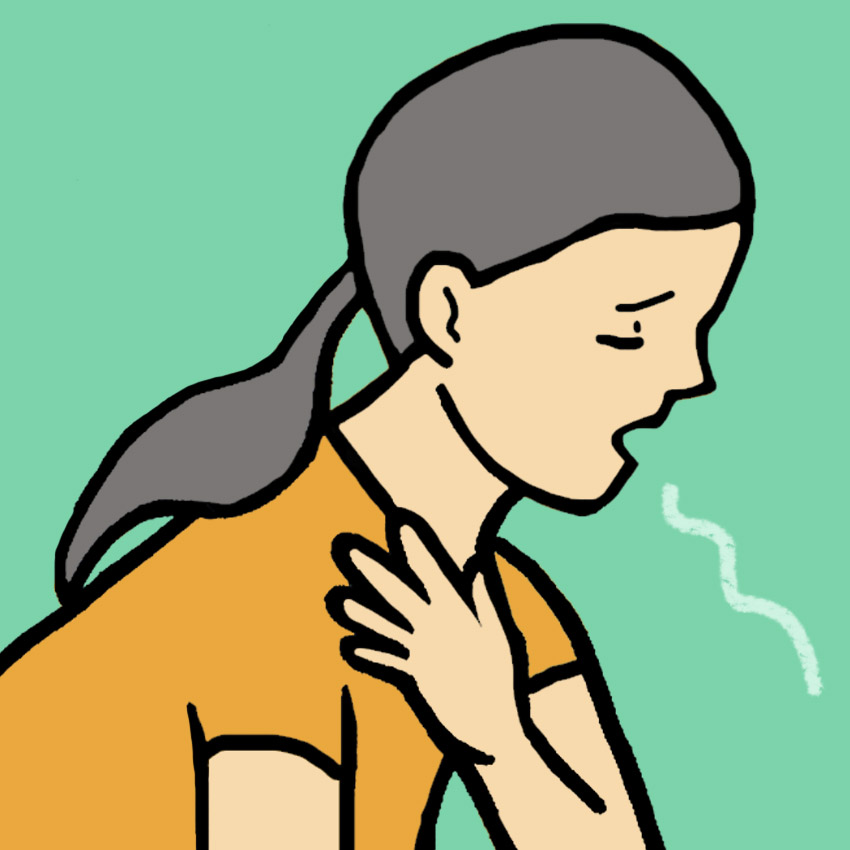
Reduced oxygen means you're always feeling like you're our of breath, no matter how deep you inhale.
Iron deficiency causes you to get winded doing even small, easy activities, like climbing stairs, carrying not very heavy objects, or taking a long walk.
Deficiency Symptom #3: Paleness

Hemoglobin, made with iron, is what gives blood its red hue when oxygenated.
But if you're lacking in iron, you'll be lacking in hemoglobin, too, and may appear more pale than you normally would.
While it's more noticeable in lighter-skinned people, people of any skin tone should consult a doctor if their gums, insides of their lips, and lower eyelids start to look less red or pink than normal.
Deficiency Symptom #4: Brittle Or Concave Fingernails
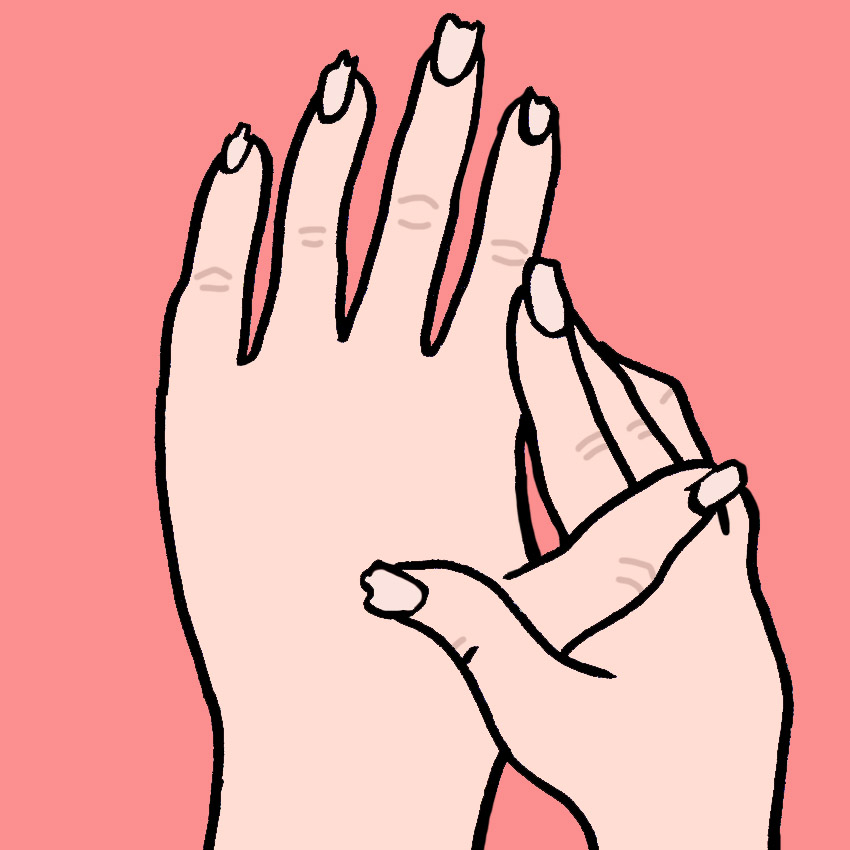
Every single thing in your body needs oxygen to grow and thrive, and that includes your nails. If they suddenly seem like they're breaking a lot, low iron levels may be the cause.
Iron deficiency can also manifest with concave depressions in the nails.
Deficiency Symptom #5: Hair Loss
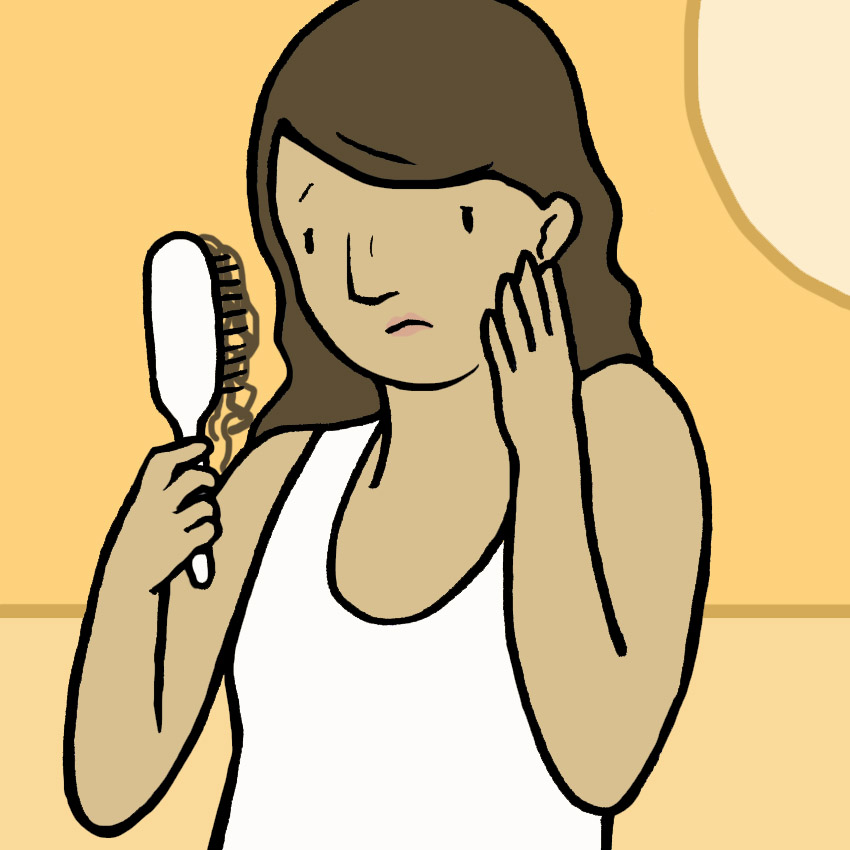
Just like your nails, your hair needs oxygen, too! Without it, it becomes weak and brittle, and is more prone to falling out.
Hair loss is also a sign that your body is getting desperate, and is cutting off nutritional supplies to the "non-essential" parts of your body, like your hair, in order to keep your essential organs healthy.
The good news is that upping your iron levels will restore hair growth.
Deficiency Symptom #6: Headaches
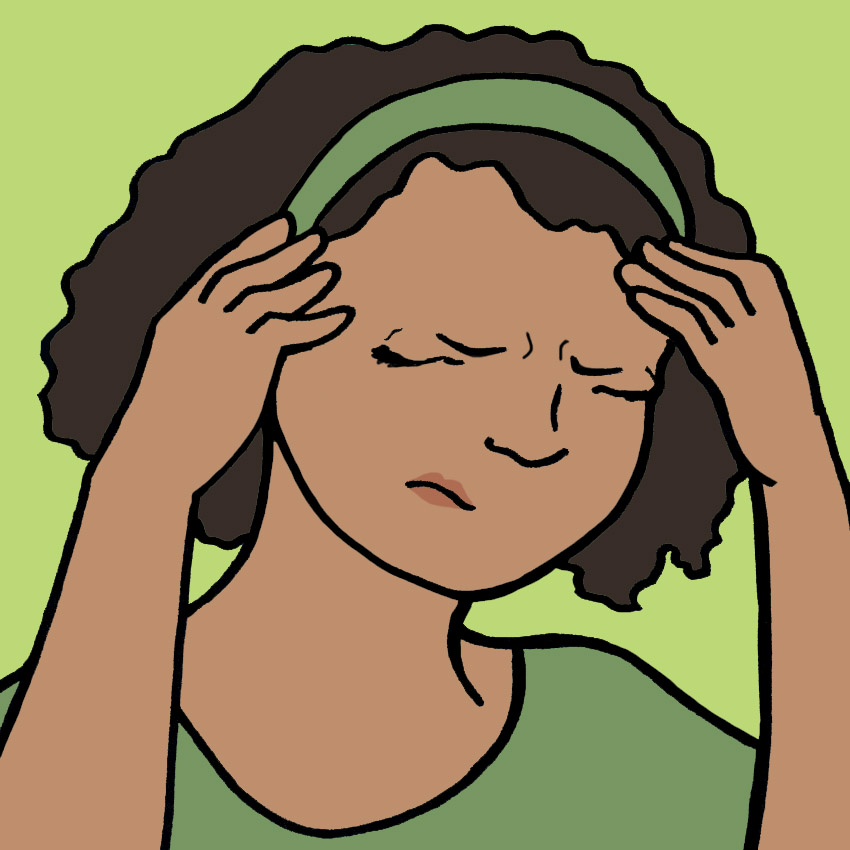
An under-oxygenated brain is not going to feel good, and frequent headaches are a sign of that.
They happen when the arteries in the brain swell, which happens when oxygen levels aren't high enough.
Combined with feelings of fatigue, you're not going to be your best if you don't get enough iron.
Deficiency Symptom #7: Sensitivity To Cold
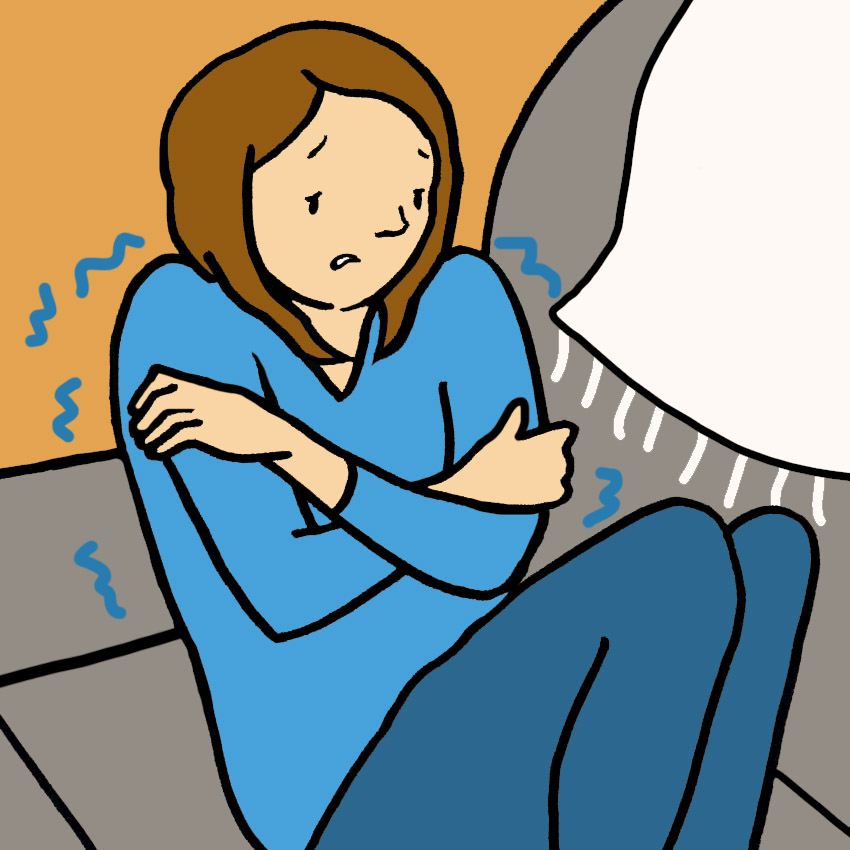
Your blood moving is what keeps you warm, specifically the oxygen it carries with it.
Iron also plays a major role in thyroid function, which helps regulate body temperature.
Low iron levels mean you'll feel cold, even if you're not in a cold environment.
Deficiency Symptom #8: Restless Leg Syndrome
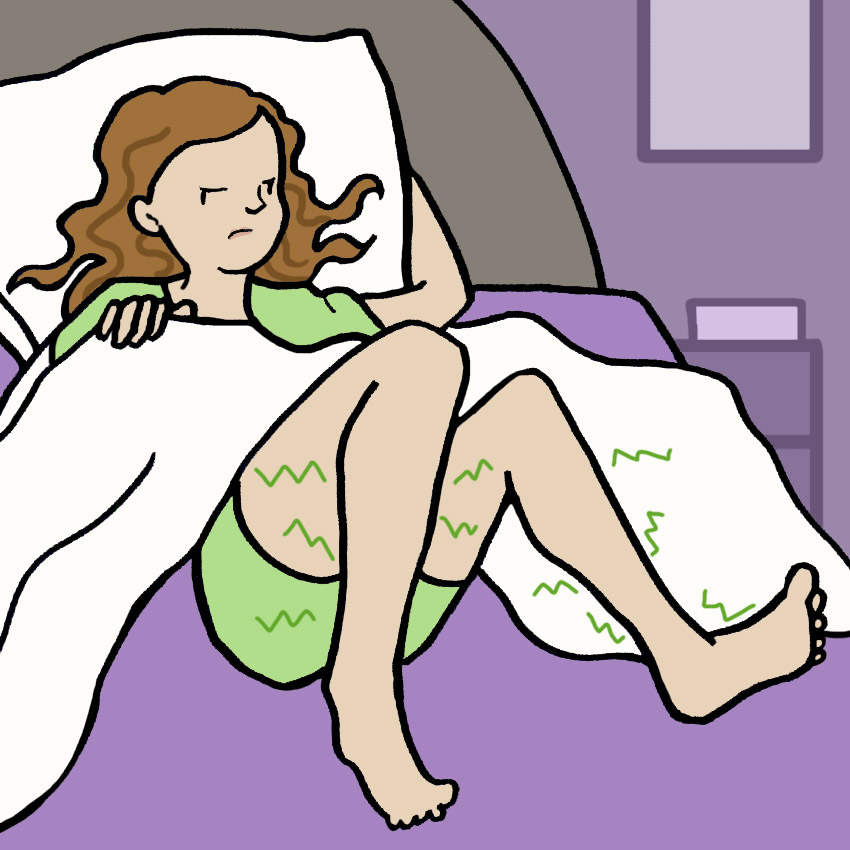
People with cellular iron deficiency are more likely to have the twitchy, nervous legs that keep them up at night.
It has to do with the iron-absorbing receptors in brain cells malfunctioning instead releasing dopamine, which causes your nerves to perk up and make your legs feel restless.
Deficiency Symptom #9: Depression
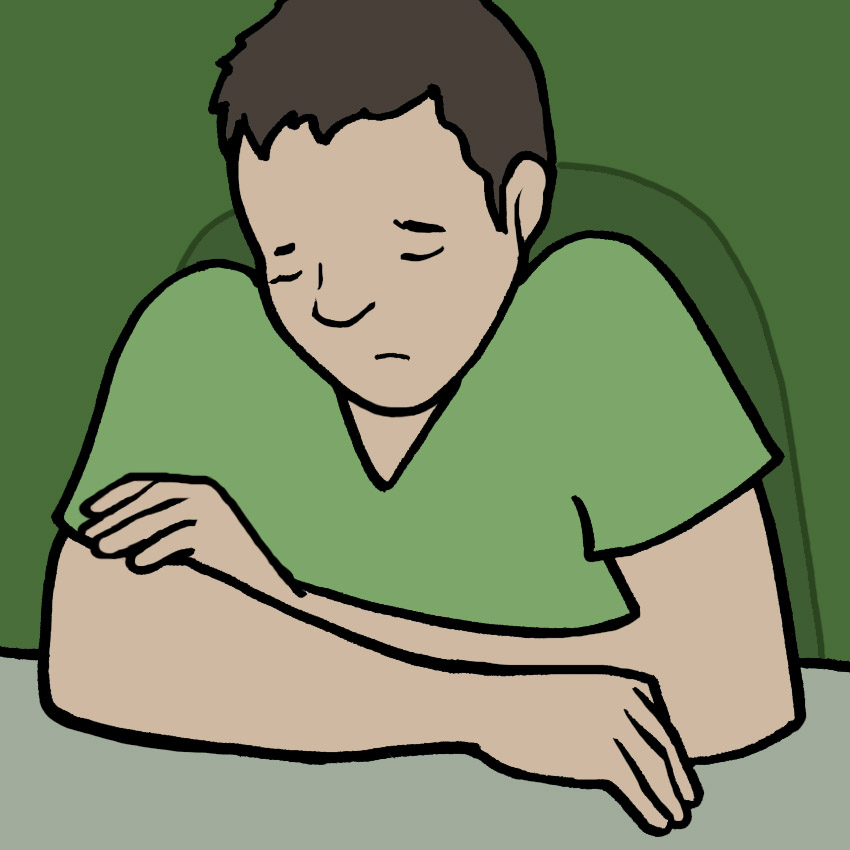
Low energy levels and headaches mean you're already not having a good time, but low oxygen levels can also affect your psychological health.
A 2013 study showed a link between iron deficiency anemia and depression, anxiety, bipolar disorder, and ADHD.
And even if it doesn't cause depression directly, this type of anemia can cause depression-like symptoms, such as irritability, loss of appetite, and mood swings.
What Can You Do If You Think You Have An Iron Deficiency?
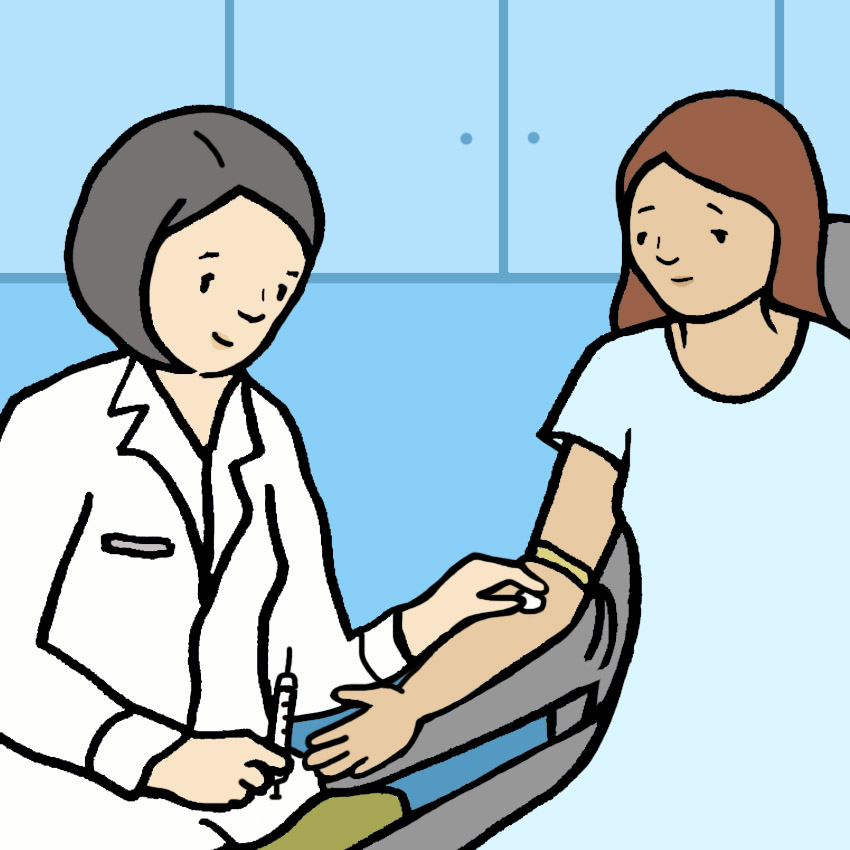
If you think you might not be getting enough iron, talk to your doctor. A simple blood test will determine your iron levels.
Your doctor may advise an iron supplement, or offer some ideas about adjusting your diet to up your iron intake through food.
How Can You Keep Your Iron Levels Healthy?
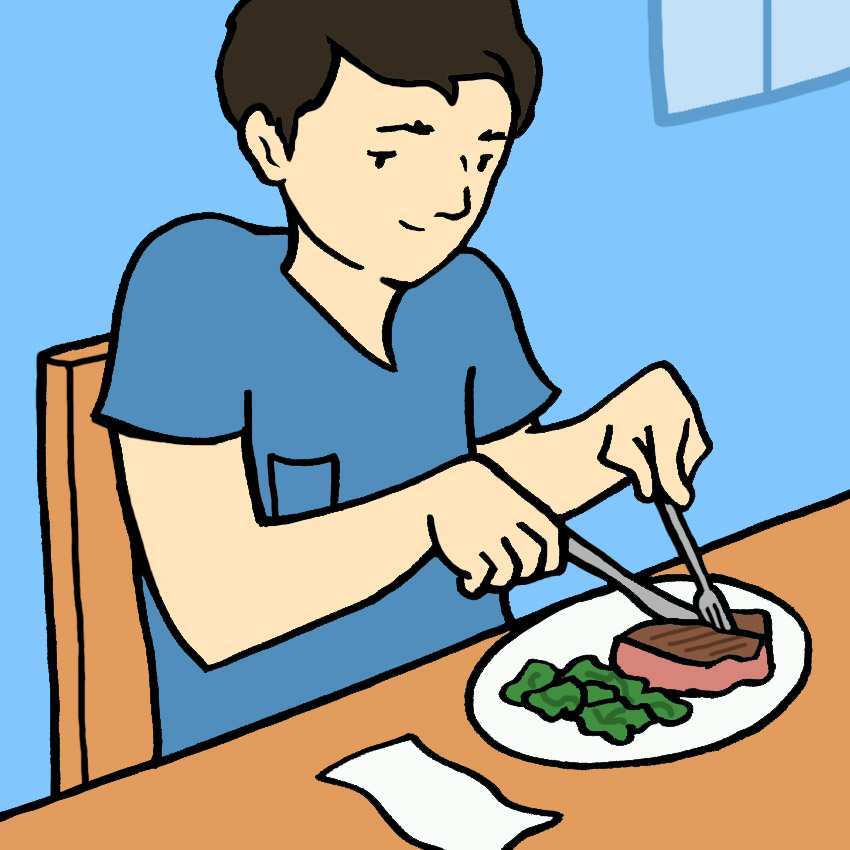
Making sure you get enough iron is actually pretty easy!
Dark leafy green vegetables, red meat, beans, and oysters are all high in iron, and many cereals are fortified with iron.
Vitamin C also helps with iron absorption. Cooking in a cast iron pan is also a good way to add a bit of iron into your food.
However, don't take too much iron in too large of doses, as too much can do harm. If you're unsure about the right amount, talk to your doctor.
Have you ever felt the symptoms of iron deficiency? SHARE these symptoms to make sure your loved ones stay healthy!

